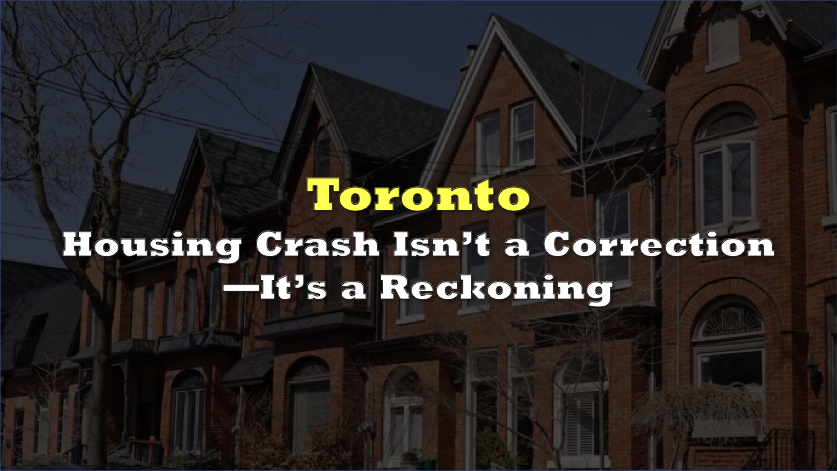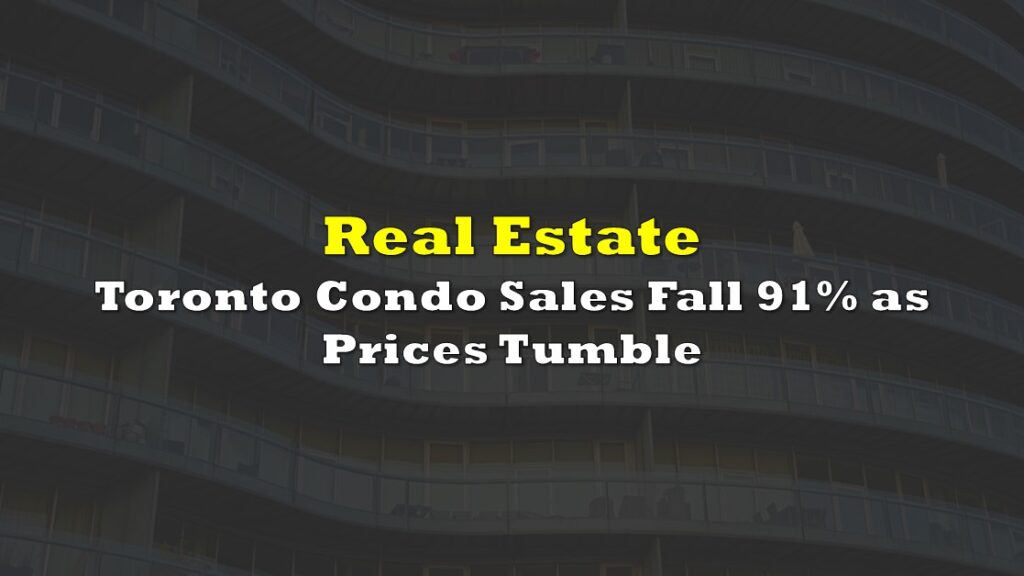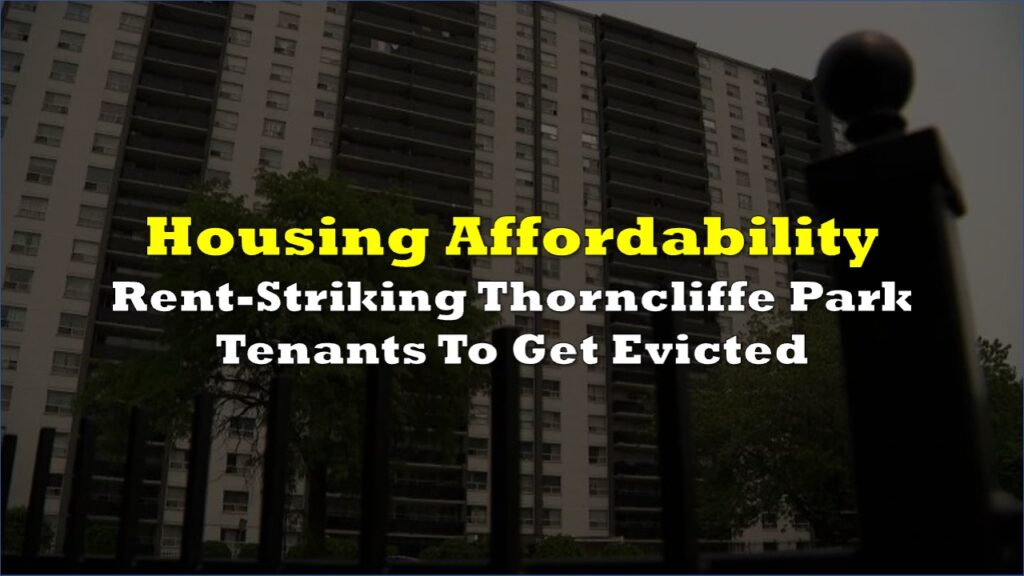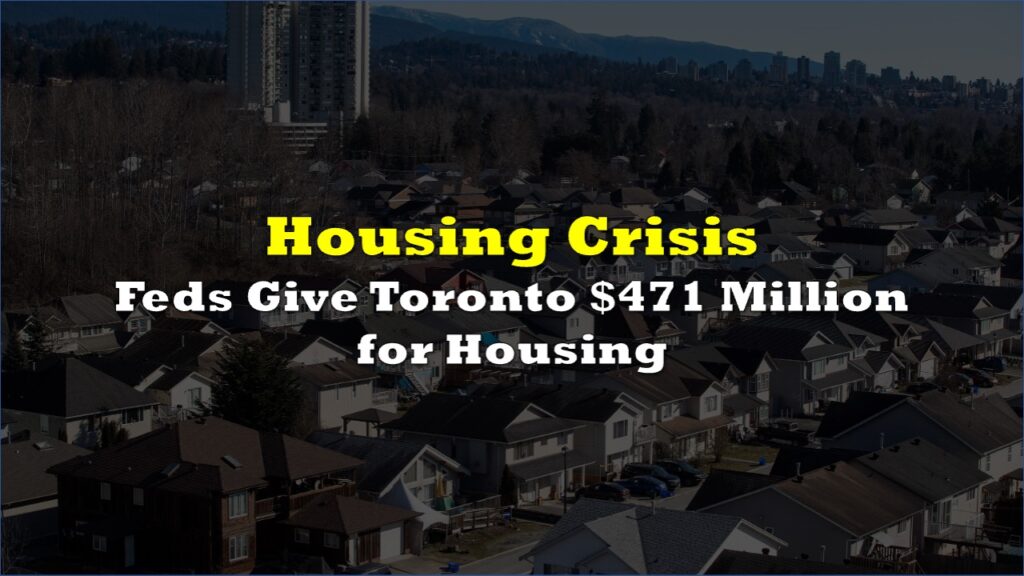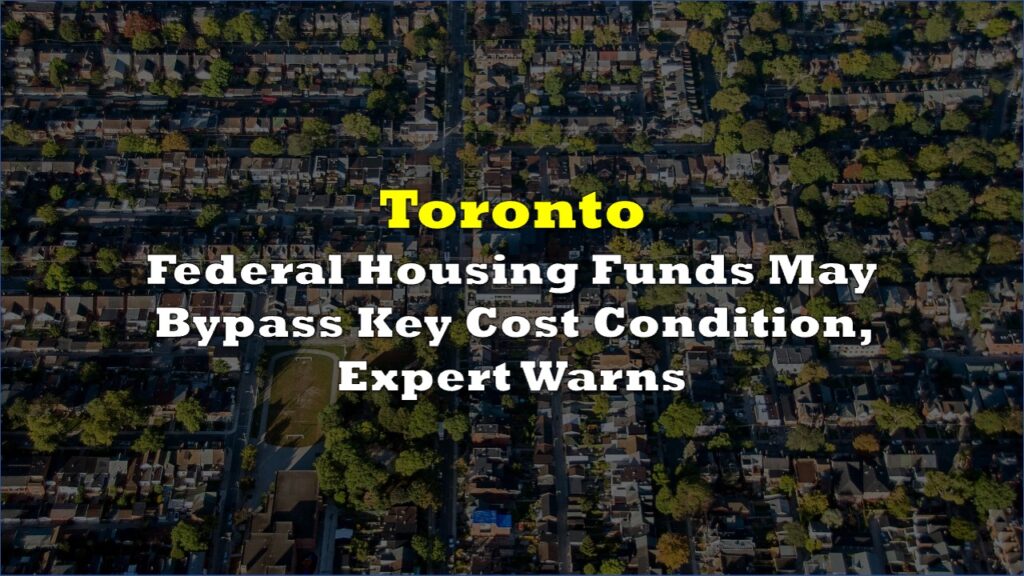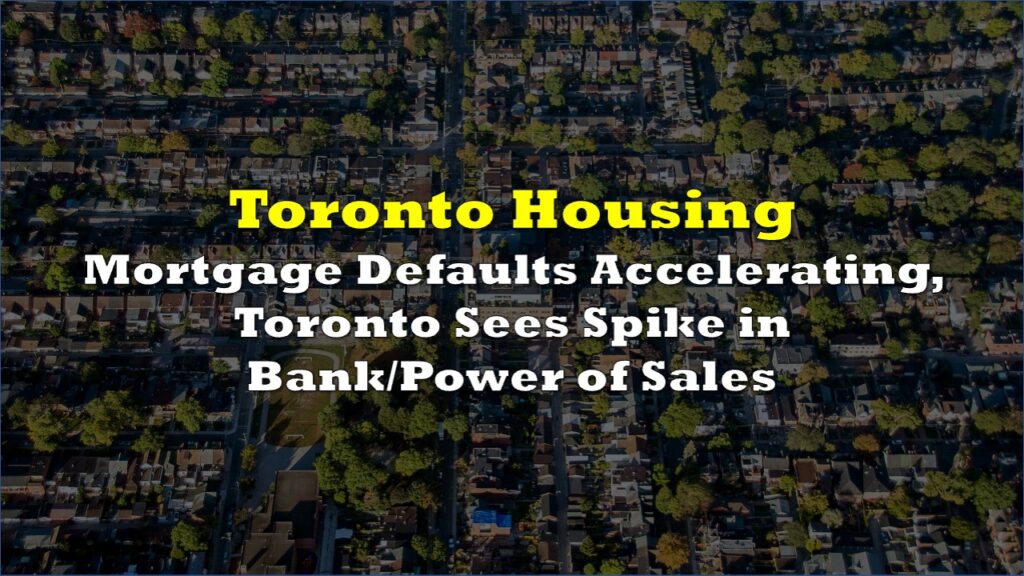Toronto’s housing market is unraveling with a speed that has left sellers scrambling and policymakers silent. The city’s spring sell-off—where 66% of homes sold below asking price, the highest rate since 2013—isn’t a seasonal dip. It’s the culmination of decades of speculative frenzy, regulatory complacency, and a economic reckoning Canada can no longer outrun.
In April, homes sold at 98% of list prices on average, the steepest discount for the month since the pandemic. Benchmark prices cratered 5.4% year-over-year to $1.01 million, while sales hit 30-year lows outside COVID lockdowns—even as new listings surged.


For RBC economist Robert Hogue, this isn’t a correction: “The market hasn’t been this favorable for buyers since the 1990s,” he warns, referencing an era of double-digit price declines.
The US-Canada trade war lit the fuse, but the tinder was already soaked in years of treating housing as a speculative asset—fueled by cheap debt, lax foreign investment rules, and political inertia. This combination created a market where the average Toronto home price soared 150% between 2010 and 2022.
Now, with borrowing costs at 22-year highs and global uncertainty freezing buyers, the pyramid scheme is collapsing under its own weight.
“There’s no more FOMO,” says real estate agent Robert Marsiglio, whose data tracks the phenomenon. “Buyers aren’t just walking away from bad deals—they’re dictating terms.”
April’s sales-to-new-listings ratio plunged to 38%, far below the 55% needed for price stability. Sellers, once kings of bidding wars, now face a stark reality: over 60% of their “competition” is other desperate sellers.
Real estate and related sectors account for 25% of Canada’s GDP. Toronto’s implosion threatens a domino effect: construction job losses, consumer spending pullbacks, and a banking sector exposed to $2.1 trillion in household debt.
Yet policymakers remain trapped between propping up prices (and angering priced-out voters) or letting the market correct (and triggering recession).
First-time buyers lured by “discounts” risk catching falling knives if rates stay high. Investors banking on a rebound face a saturated market. As the trade war escalates and the Bank of Canada hesitates to cut rates, Toronto’s housing crisis has become a referendum on fiscal sanity.
If 2024’s buyers become 2025’s underwater mortgage holders, will anyone admit this wasn’t a market crash—it was a long-overdue intervention?
Information for this briefing was found via Bloomberg and the sources mentioned. The author has no securities or affiliations related to this organization. Not a recommendation to buy or sell. Always do additional research and consult a professional before purchasing a security. The author holds no licenses.

